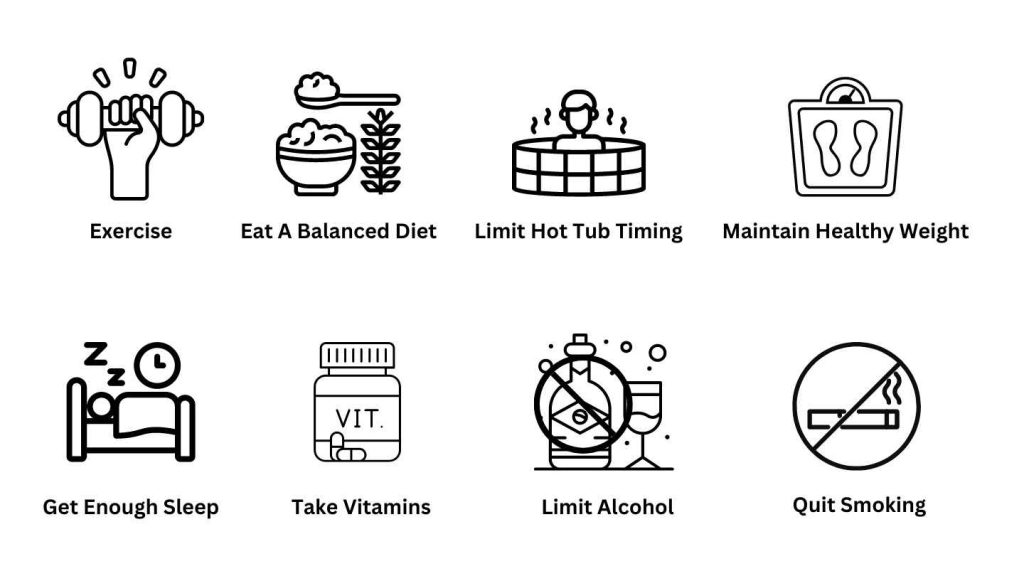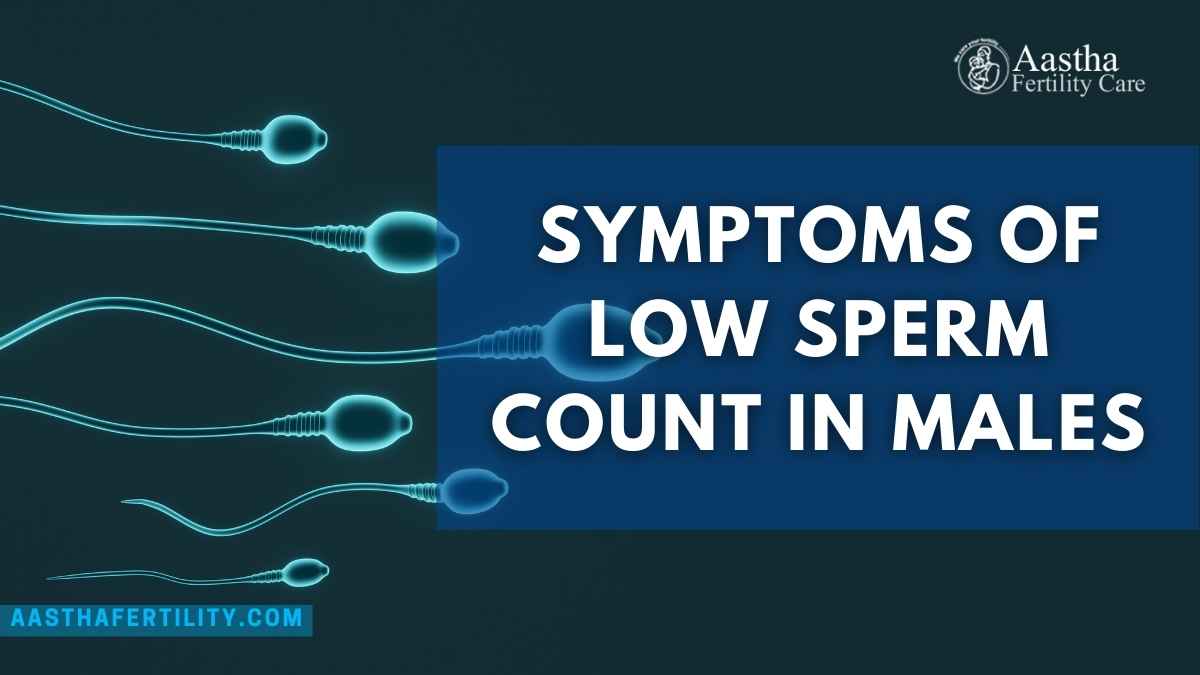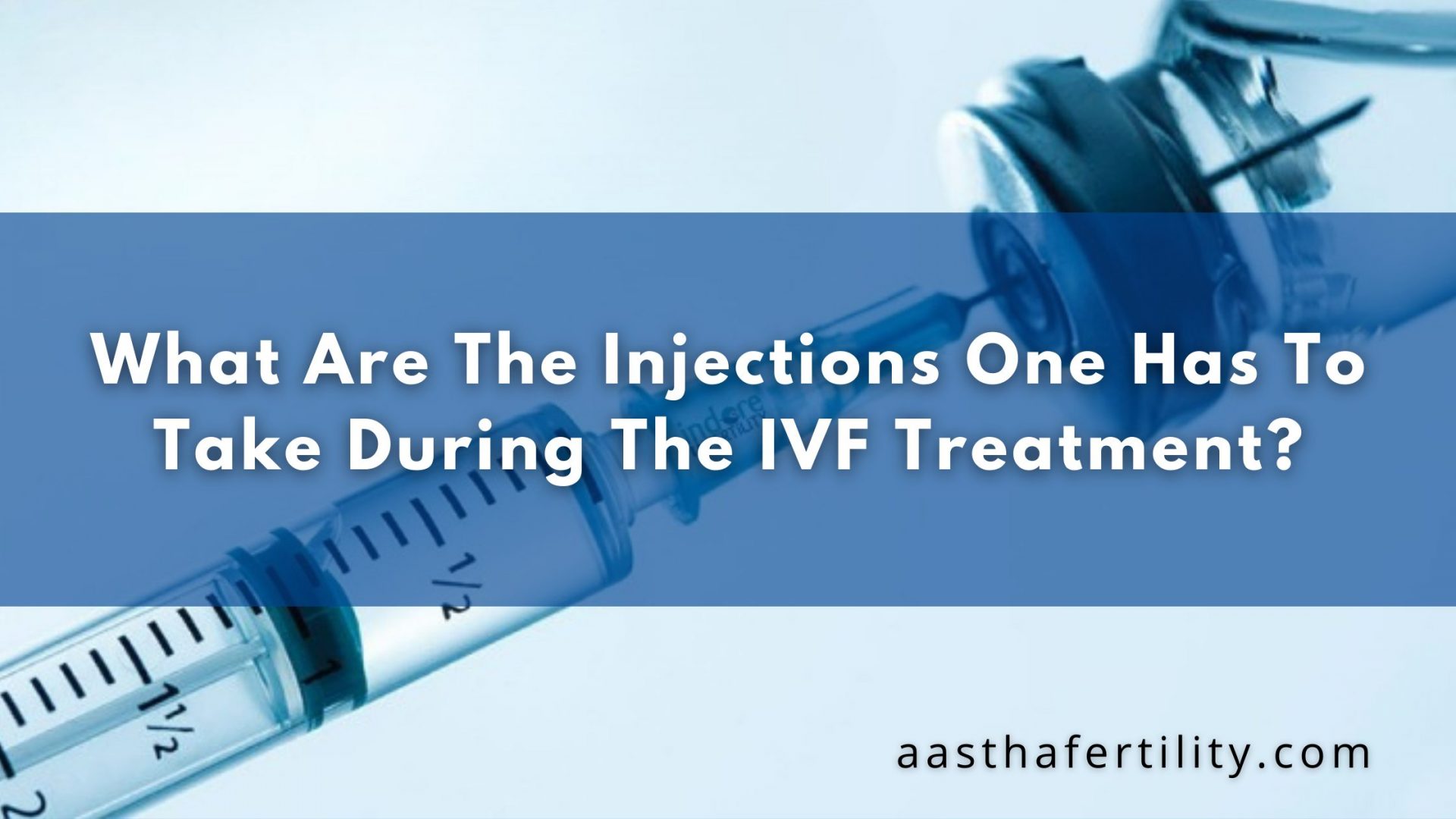Table of Contents
ToggleAre you and your partner struggling to conceive a child?
The role of sperm count in conception is crucial, and a low sperm count, also known as Oligospermia, can make it difficult for couples trying to start a family. However, don’t lose hope – various techniques and treatments can help overcome this challenge.
This article will discuss the significance of sperm count in conception and the obstacles couples face due to low sperm count. We will also explore several tips and techniques for maximising fertility and increasing the chances of conception, including lifestyle changes, supplements, medications, and timing intercourse for optimal fertility. By following these recommendations, you can improve your chances of conceiving naturally.
For couples facing infertility due to low sperm count, there are advanced fertility treatments such as In Vitro Fertilization (IVF) or Intracytoplasmic Sperm Injection (ICSI) that can significantly increase the chances of conception. Our highly skilled fertility experts at Aastha Fertility Care can provide the best treatment options and care for couples facing fertility challenges.
We understand how challenging infertility can be and want to offer guidance and support to help you start your family. So, let’s explore the options together and take the first step toward parenthood!
Tips to Improve Conception Chances with Low Sperm Count
If you or your partner has been diagnosed with a low sperm count, your doctor may recommend continuing to try to conceive naturally for a bit longer. To increase the chances of success, you may consider having sexual intercourse every 2-3 days, reducing alcohol intake and quitting smoking, maintaining a healthy weight, engaging in regular exercise, and following a balanced diet.

Tip 1 – Exercise
Incorporate exercise into your routine, including weightlifting and outdoor activities like walking, yoga, hiking, or water sports. A sedentary lifestyle may lower sperm concentration.
Tip 2 – Eat A Balanced Diet
Maintain a balanced diet that includes fruits, vegetables, whole grains, nuts, seafood, poultry, and low-fat dairy. Research has shown that the Mediterranean diet, which includes fruits, whole grains, and vegetables, can improve semen quality in men.
Tip 3 – Maintain A Healthy Weight
Maintain a healthy weight, as obesity is associated with lower sperm count, poor motility, and abnormal morphology. Losing weight can improve sperm health and reduce the risk of diseases like heart disease and diabetes.
Tip 4 – Get Enough Sleep
Get enough sleep, as poor sleep quality is associated with lower sperm count and low sperm motility. Improve your sleep hygiene by going to bed and waking up at the same time every day, avoiding screens before bedtime, sleeping in a dark, cool room, avoiding daytime naps, and avoiding caffeine in the evening or late afternoon.
Tip 5 – Take Vitamins, If Needed
Consider taking vitamins or supplements to support healthy levels of vitamin C, selenium, carnitine, zinc, omega-3 fatty acids, and coenzyme Q10 (CoQ10), as these are associated with improved sperm health. CoQ10 and omega-3 fatty acid supplements have also increased sperm count.
Tip 6 – Limit Alcohol
Limit alcohol consumption, as drinking alcohol can negatively affect sperm health, especially in heavy drinkers.
Tip 7- Quit Smoking
Quit smoking, as smoking cigarettes can significantly impact sperm health, leading to lower sperm concentration. Seek support from a support group or healthcare provider to quit smoking.
Tip 8 – Don’t Spend Too Much Time In Hot Tubs
Limit your exposure to wet heat, such as in hot tubs or saunas, as it may temporarily impact sperm health. If you’re trying to conceive, consider reducing your exposure to heat.
Causes of Low Sperm Count
Low sperm count can be caused by various factors, including:
- Hormone Imbalance: Reduced hormone production, known as hypogonadism, can affect the production of sperm.
- Genetic Problems: Genetic disorders like Klinefelter syndrome can lead to low sperm count.
- Undescended Testicles: Men with undescended testicles (when both or one of the testes do not move into the scrotum after they develop) as babies may have a higher risk of low sperm count.
- Structural Problems: Blocked or damaged tubes that carry sperm, or the absence of these tubes from birth, can hinder sperm production.
- Genital Infections: Infections of the genital area, such as chlamydia, gonorrhoea, or prostatitis, can affect sperm count.
- Varicoceles: Enlarged veins in testicles, known as varicoceles, can cause low sperm count.
- Previous Surgery: Prior surgeries to the hernia or testicle repairs can lead to low sperm count.
- Overheating: The testicles becoming overheated due to frequent hot baths or wearing tight clothing can lower sperm count.
- Lifestyle Factors: Excessive smoking, alcohol consumption, and drug use can contribute to low sperm count.
- Medications: Certain medications, including replacement therapy, anabolic testosterone steroids, cancer medications, antibiotics, and antidepressants, can affect sperm count.
- Obesity: Being overweight or obese can also lower sperm count.
Treatments to Maximise Fertility with Low Sperm Count?
IVF
In vitro fertilisation (IVF) can be considered as an option for couples who have been trying to conceive naturally for at least two years but are facing difficulty due to low sperm count. During IVF, eggs are collected from the woman’s ovaries and fertilised with sperm in a laboratory. Once fertilized, the embryos are transferred back to the woman’s uterus for implantation and growth.
Intracytoplasmic Sperm Injection (ICSI)
ICSI is a fertility treatment involving injecting a single sperm directly into an egg. This technique is often used with IVF and may be recommended for couples trying to conceive naturally for at least two years and experiencing either poor sperm quality or low sperm count.
Donor Insemination
Donor insemination is an option for couples who are struggling with male infertility. This involves using donated sperm to fertilise the woman’s eggs, which are then implanted into the uterus. Couples may choose this option if the male partner has a genetic disorder that could be passed on to any children.
Gonadotrophin Medicine
Gonadotrophin medicine can be prescribed to men with low levels of hormones that stimulate the production of sperm. This treatment can improve fertility for men with hormonal imbalances. However, hormone-based medicines are not recommended for men with unexplained low sperm count. It is essential to consult a fertility expert to determine the best course of treatment for your specific situation.
Conclusion
To sum up, low sperm count can present challenges for couples trying to conceive, but various options are available to increase the chances of success. It is crucial to maintain a healthy lifestyle, including a balanced diet, regular exercise, and avoiding smoking and excessive alcohol consumption. If natural conception is unsuccessful, fertility treatments such as IVF, ICSI, donor insemination, and gonadotrophin medicine can be considered. Seeking guidance from a fertility expert is crucial to determine the best course of action.
At Aastha Fertility Center, our experienced fertility experts can provide the necessary guidance and support to help you achieve your dream of parenthood. Our cutting-edge facilities and state-of-the-art technology ensure you receive the best possible treatment for your condition. Don’t let low sperm count hinder your parenthood dreams; contact us today to schedule an appointment and take the first step towards a successful pregnancy.





Leave a comment